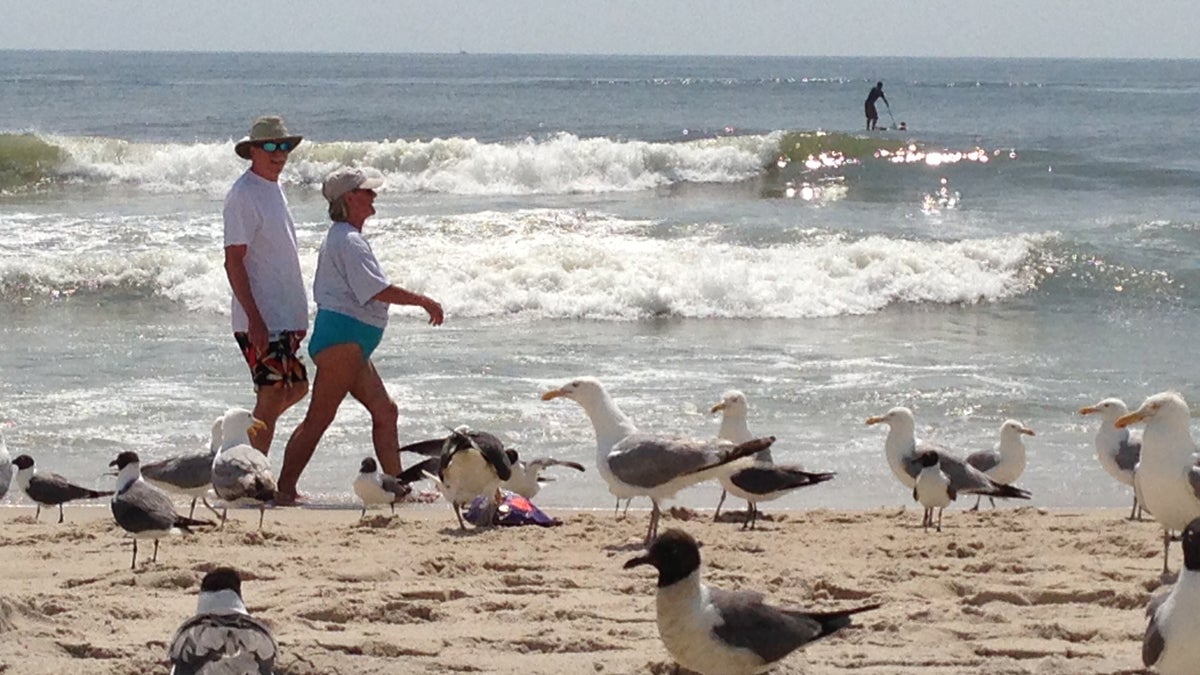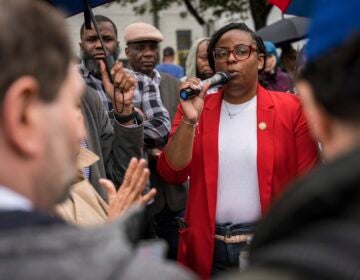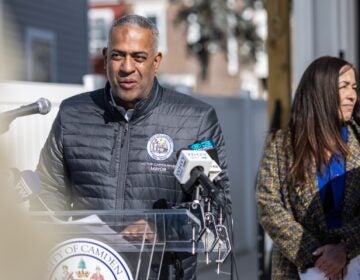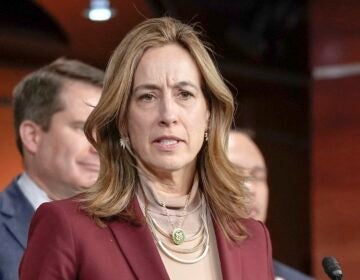Without a budget deal, N.J. creeping closer to shutdown
In event of a shutdown, most New Jersey beaches will remain open

Only New Jersey beaches with state employees would be closed if there's a government shutdown, says Joe Simonetta, executive director of New Jersey Tourism Industry Association. That means 100 miles of shoreline will remain open to visitors. (AP file photo)
New Jersey’s Democrat-led state government inched closer to a shutdown Thursday as Gov. Phil Murphy reviewed plans to shutter public offices with his Cabinet, and a standoff with lawmakers over how much to raise taxes continued to smolder.
The budget clash also has begun to capture a broader audience, with former Vice President Al Gore, who campaigned for Murphy in last year’s election, and comedian Chelsea Handler tweeting that legislators should stand with the Democratic governor and support higher taxes on the wealthy.
“Under the strong leadership of @GovMurphy, New Jersey is primed to become one of America’s biggest turnaround stories,” said Gore, a Democrat.
New Jersey is just hours — midnight Saturday — from a deadline to enact a balanced state budget, without which state parks, some beaches and government offices would face a shutdown.
Murphy on Thursday convened his Cabinet in Trenton and said he reviewed scenarios, including a shutdown, with them. He also held a news conference at a Trenton school and said he was willing to compromise, though he shot down a recent counterproposal from lawmakers.
Negotiations between Murphy and Democratic Assembly Speaker Craig Coughlin and Senate President Steve Sweeney have continued without any deal since legislators sent the freshman governor, a former Wall Street banker, a $36.5 billion budget proposal.
The issue is taxes.
To pay for more school aid, a higher transit subsidy and a bigger pension payment, Murphy wants a hike on income taxes for people earning more than $1 million, from 8.97 percent to 10.75 percent. He also recently offered phasing in over two years a hike in the sales tax from 6.625 percent to 7 percent, as well as increasing business taxes, as long as the rate stays below the highest-in-the-nation levy of 12 percent.
The budget that lawmakers sent Murphy has a two-year tiered hike in business taxes, from 9 percent to 11.5 percent on firms making from $1 million to $25 million, and to 13 percent on businesses making more than $25 million.
Sweeney on Wednesday said he would extend that to four years to satisfy Murphy’s call for “sustainable” revenue, along with levying the sales tax on rental properties, mostly at the shore, and boosting the real estate transfer tax from 1 percent to 2 percent.
Murphy doused the rental-property tax hike with cold water on Thursday.
“I’m not, for example open to giving millionaires another free pass so we can tax a family’s long-awaited beach vacation at the Jersey shore,” he said. But he quickly added that he wants to work with lawmakers.
“I’m willing to compromise. That’s an important point,” he said.
Despite the standoff, Murphy and lawmakers are talking.
A meeting including Murphy, Sweeney and Coughlin ended after roughly two hours, with Coughlin saying another one is planned for Friday morning.
Murphy, who brought Gore to New Jersey to campaign last year, said he didn’t know that ex-President Bill Clinton’s former No. 2 would be tweeting about New Jersey’s budget.
If New Jersey’s government does shutter this year, it would be the second straight year that lawmakers failed to keep government open. The big difference between last year and this year, though, was Republican Chris Christie sat where Murphy is now. That fight centered in large part on Christie’s insistence that the state’s biggest health insurer help pay for opioid addiction treatment.
Island Beach State Park, where Christie was famously photographed on a beach chair during last year’s state government shutdown, could be closed to the public again if the current budget stalemate continues.
But plenty of other beaches will remain open.
Only New Jersey beaches with state employees would be closed if there’s a government shutdown, said Joe Simonetta, executive director of New Jersey Tourism Industry Association.
“Of our 127 miles of New Jersey coastal beaches, over 100 miles of that are open because they are not a victim, if you will, of a shutdown,” he said.
A shutdown caused by a budget dispute in 2006 closed Atlantic City casinos for three days because the state inspectors who regulate their operations were deemed non-essential personnel and were not permitted to work.
A 2008 law allows casinos to stay open during the first seven days of a government shutdown.
WHYY’s Phil Gregory contributed to this report
WHYY is your source for fact-based, in-depth journalism and information. As a nonprofit organization, we rely on financial support from readers like you. Please give today.




